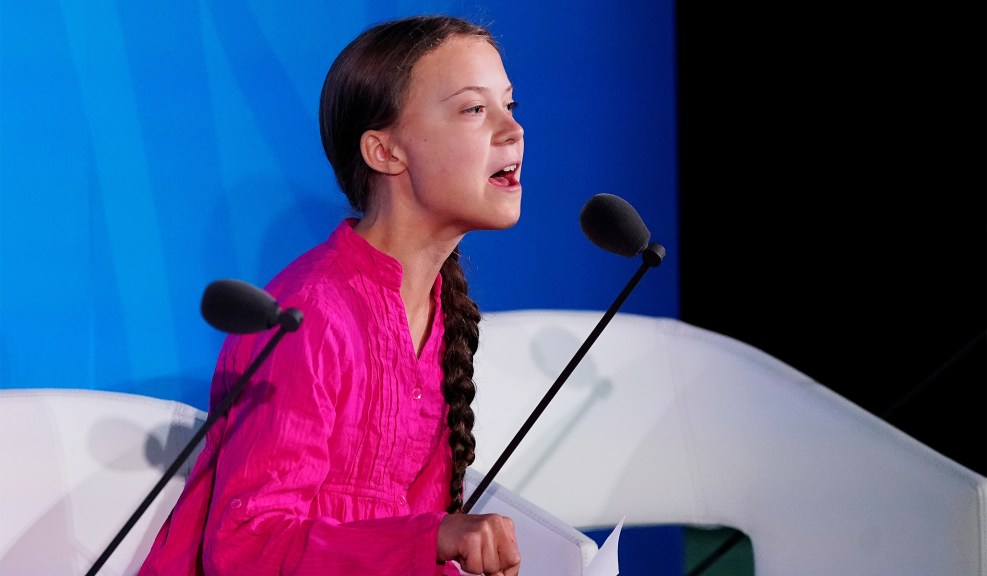
World leaders and policymakers are finally feeling the pressure as talks on climate change gain ground especially in the wake of the Global Climate Strike. It is indeed worrisome as environmentalists and scientists warn of regular droughts and floods besides deadly storms as a result of rising sea levels, melting ice and severe heat waves.
The Population Council in one of its papers earlier said that “…climate change and climate induced disasters pose a significant challenge to poverty reduction, health and development in many developing countries, including India.” Many have warned that the floods in Kerala, Orissa, Assam and Bihar have been caused due to climate change and in the years to come the situation will only worsen.
While the issue of climate change first gained momentum in the late 1970s, precious little has been done so far. The landmark Paris Agreement in December 2015 — represented by leaders around the globe – was thrashed out seeking to reduce global greenhouse gas emissions. The journey on this path, as we all know, has not been smooth.
It is time we analysed why we have failed. The fault lies in the way our discourse has taken shape. It has always been made to feel that economic development and nurturing environment can never go hand in hand. In India, environmentalists and industrialists have often been at loggerheads.
Recently I noticed several of my friends on social media take a pledge not to buy new clothes and start reusing their old clothes to preserve nature. Many others are trying to change their eating habits—turn vegetarian or even vegan, where one does not consume milk or milk products.
In my hometown Kolkata, a city known for food especially its fish, a vegan movement has caught much attention. The Kolkata Vegans, as they call themselves, urged the Bengali community to give up eating fish. Now nobody would want to change her eating habit all of a sudden.
Let me talk about another incident. There have been protests by farmers and non-governmental organisations (NGO) over the proposed Greenfield international airport at Greater Noida in the Delhi-NCR (National Capital Region). While the farmers’ compensation issue has been resolved and the Allahabad High Court has even dismissed the dispute cases, the more pressing one relating to environmental hazards needs to dealt with delicately and effectively.
Let me note here that the environmental issues cannot have such knee jerk solutions or top down approach. What we discuss in air-conditioned seminar halls in the country’s big cities needs to be resonated in the remotest corners of the country. It needs deliberations and well formulated holistic approach.
All stakeholders including environmentalists, policymakers and economists need to be brought on one platform to thrash out a solution that is acceptable to all. Why can’t our policymakers follow a simple drill — for example, if we need an airport around Delhi, the decision-makers can seek help of the environment scientists in identifying the plot of land, which can be developed into an airport yet will have no negative bearing on environment. Why do our babus and political leaders go in for environment clearances at a later stage? Does it not require to be done just after conception?
Environmentalists including activists, scientists and policymakers need to have regular interactions to chalk out the best possible path for economic development while preserving Mother Earth. We need to do that to ensure that thousands in our country get jobs while nurturing the environment simultaneously. Environmentalists, industrialists and policymakers need to be on the same page and not confront one another as a routine exercise.
And just a thought before I wind up. While the 16 year old Swedish environmental activist Greta Thunberg’s speech has shaken the world and her anger is justified, we need to nurture and respect our own nameless and voiceless environmentalists who toil to nurture nature in their own small way. Build awareness across the spectrum.
